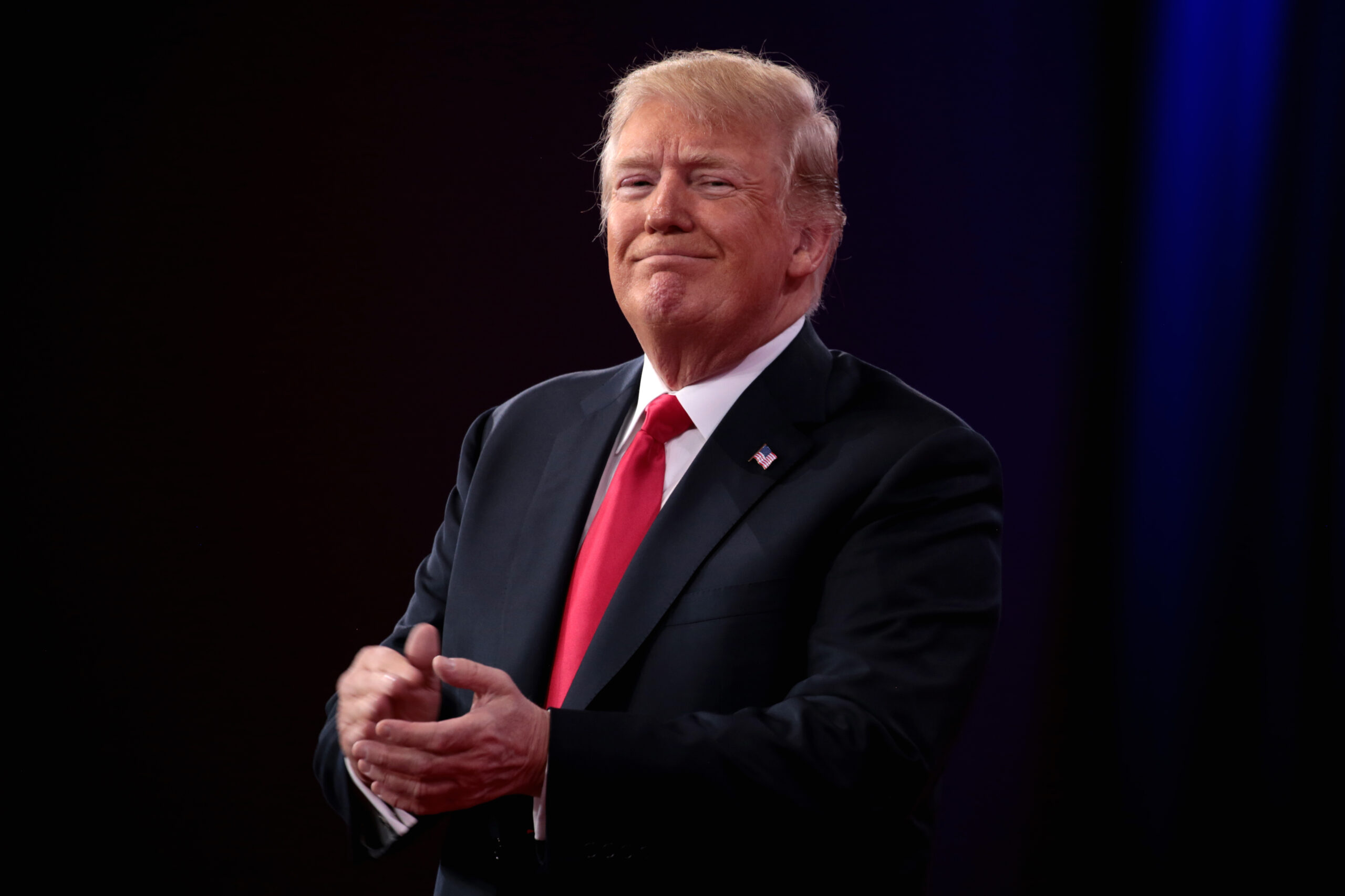
President Donald Trump has made it significantly more expensive for companies to hire foreign workers through the H-1B program. The White House announced Friday that Trump signed a proclamation requiring employers to pay a substantial $100,000 fee for new H-1B visa applications, a massive increase from the current $215 lottery registration fee. The administration’s new move is designed to crack down on what it calls widespread abuse of the program, which it blames for displacing American workers. According to the White House, the share of IT workers with H-1B visas has risen from 32% in 2003 to over 65% today, while unemployment among recent computer science graduates has reached 6.1%.
H-1B visas allow U.S. companies to hire foreign workers in technical fields. The program is capped at 65,000 new visas annually, with an additional 20,000 for foreign graduates with advanced U.S. degrees.
A Backlash from Silicon Valley
The new initiative is already facing strong criticism from Silicon Valley. The H-1B program has been instrumental in creating some of the region’s biggest success stories. Elon Musk, for example, initially worked in the U.S. on an H-1B visa and has been an outspoken supporter of the program. On his platform X, Musk said, “The reason I’m in America along with so many critical people who built SpaceX, Tesla and hundreds of other companies that made America strong is because of H1B.” He also added a colorful expletive in his strong rebuke of a critic of the program. Mike Krieger, a Brazilian-born Stanford graduate who co-founded Instagram and is now a chief product officer at AI firm Anthropic, also worked on an H-1B visa. He has stated that the complications of transferring his visa nearly caused him to abandon the startup.
The National Venture Capital Association (NVCA) has also weighed in, arguing that raising the annual cap on H-1B visas is “fundamental to generating more successful immigrant-founded companies.” The NVCA noted that even though H-1B visas are not ideal for founders, they provide valuable work experience that widens the pipeline of potential immigrant startup founders. Tech leaders on X have warned that the new policy could cause talent to flee to more welcoming countries, and some major companies have reportedly told their H-1B employees to avoid foreign travel and remain in the U.S. for now.
Broader Implications and New Rules
In its proclamation, the administration pointed to specific companies that approved thousands of H-1B workers while simultaneously laying off American employees. One unnamed company, for example, received approval for 5,189 H-1B workers this fiscal year while cutting roughly 16,000 U.S. jobs. The proclamation, which is partly rooted in an effort to “protect our national security,” does include some flexibility, allowing for case-by-case exemptions if deemed in the national interest. It also directs the labor secretary to revise wage requirements to prevent the undercutting of American salaries.
What The Author Thinks
This dramatic increase in H-1B visa fees is a high-stakes bet on the U.S. economy’s ability to produce and retain domestic talent. While the policy aims to address legitimate concerns about the displacement of American workers and the exploitation of the program, it risks having unintended consequences. By making it more difficult and expensive to hire highly skilled foreign workers, the administration could inadvertently push talent and innovation to more welcoming countries, ultimately hurting the very industries it seeks to protect. The move may appeal to a specific political base, but the economic and technological consequences for Silicon Valley and other sectors could be significant in the long run.
Featured image credit: Wikimedia Commons
For more stories like it, click the +Follow button at the top of this page to follow us.
